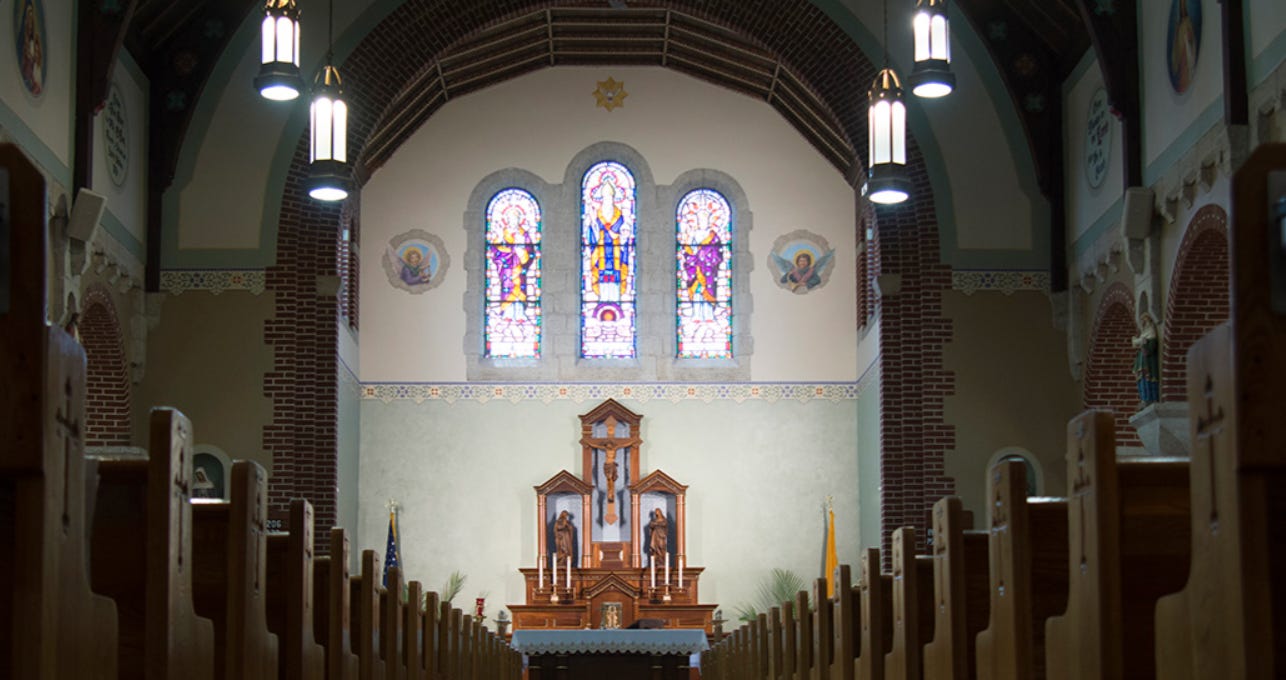Missouri priest: Money stolen to avoid diocesan oversight
Jefferson City diocese says Fr. Ignazio Medina's recent story is 'troubling'
A Missouri priest claims that when he stole $300,000 from parish coffers, it was to hide the money from his diocese, in bank accounts belonging to himself and his sister.
With Fr. Ignazio Medina set to be sentenced Wednesday in federal court, his attorneys told a judge last week that the priest …

